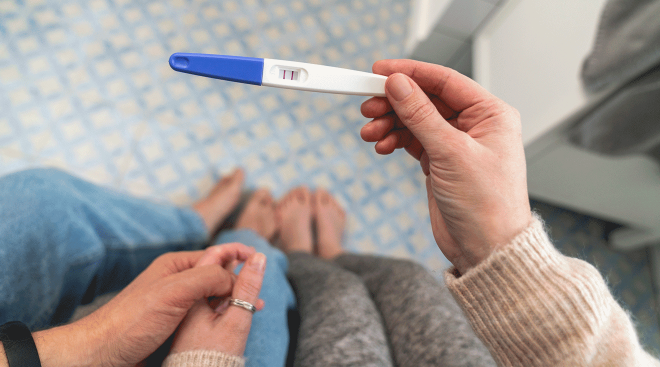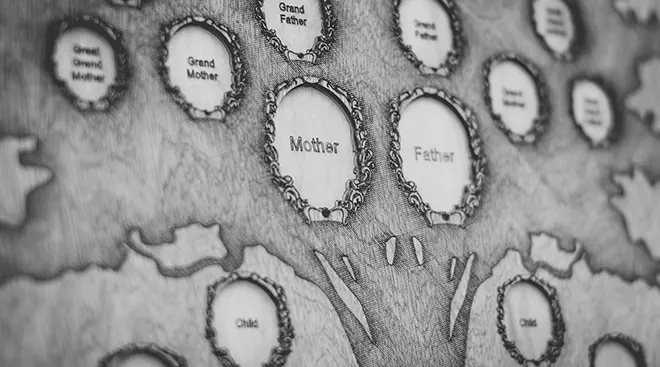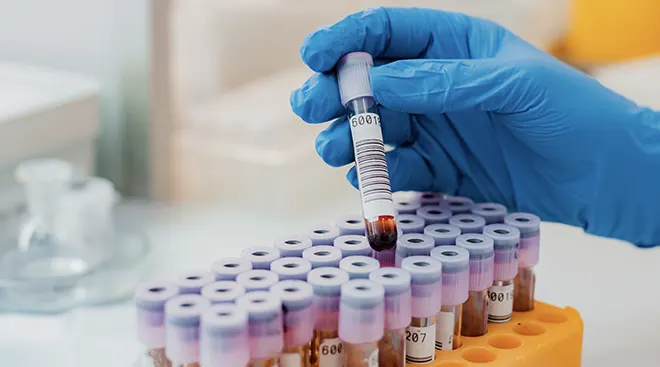The Kell factor refers to an antigen that’s attached to the membrane of red blood cells. Some people have it; some don’t. And generally, that’s not a problem.
But a problem can occur when a Kell-negative mom is somehow exposed to the Kell-positive blood — say, via a blood transfusion. Once she’s exposed, she develops anti-Kell antibodies, which can attack and destroy Kell-positive red blood cells. So if she becomes pregnant with a Kell-positive baby, her anti-Kell antibodies might cross the placenta and destroy the baby’s red blood cells. This is called hemolytic disease, and it can be lethal.
The presence of Kell antibodies can be detected by maternal blood testing. If they’re present, your doc will closely monitor your pregnancy through blood tests and ultrasounds. If your baby appears severely affected, blood transfusions, given to your baby while he’s still in utero, can help prevent harm to baby. Early delivery might also be necessary.
Please note: The Bump and the materials and information it contains are not intended to, and do not constitute, medical or other health advice or diagnosis and should not be used as such. You should always consult with a qualified physician or health professional about your specific circumstances.
Plus, more from The Bump:
Navigate forward to interact with the calendar and select a date. Press the question mark key to get the keyboard shortcuts for changing dates.




















































